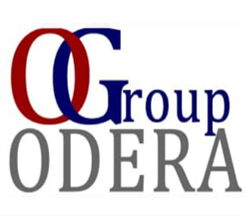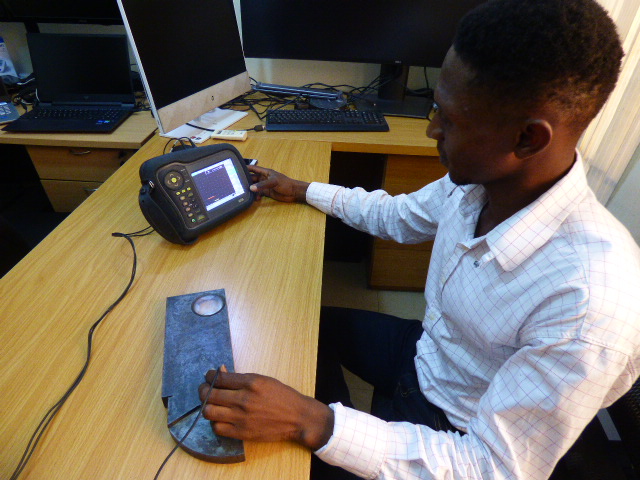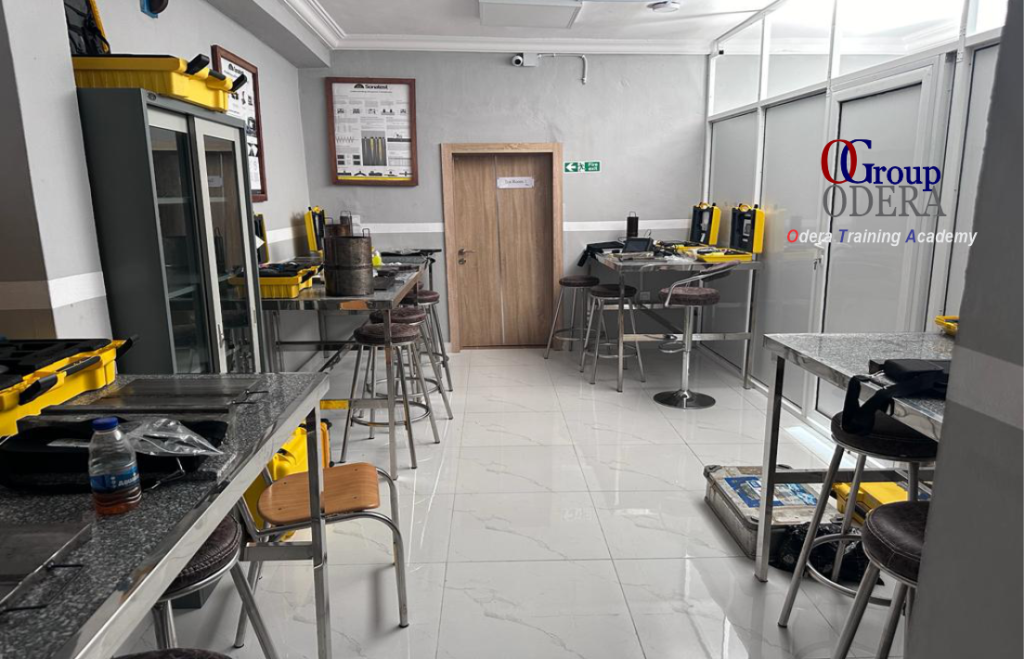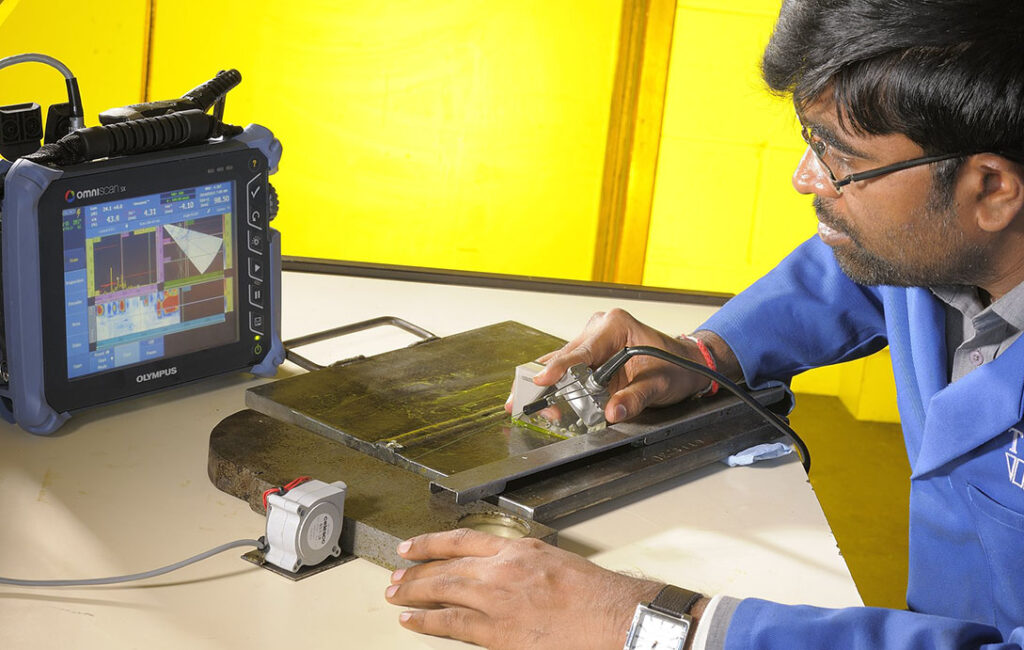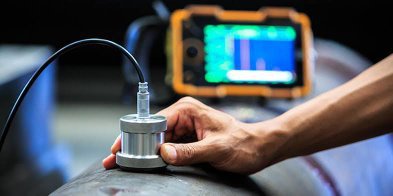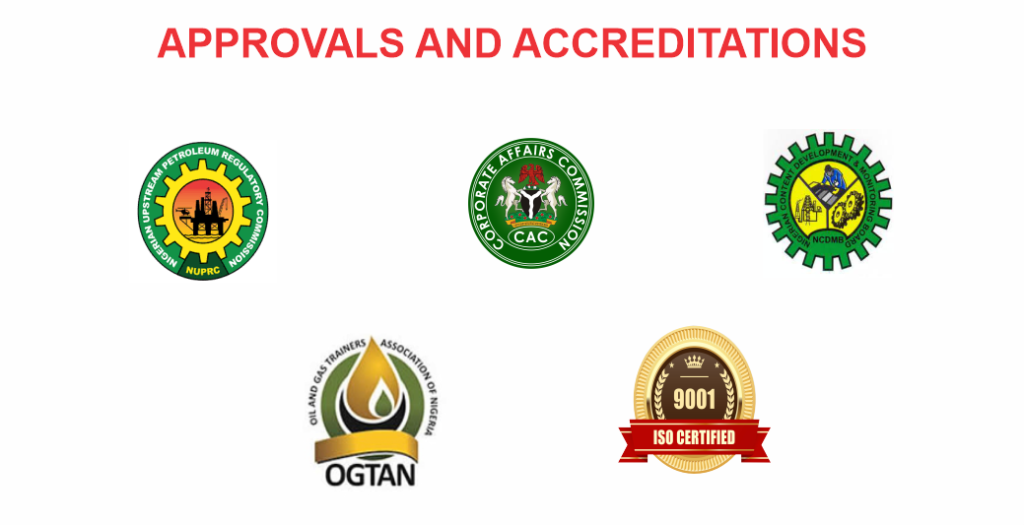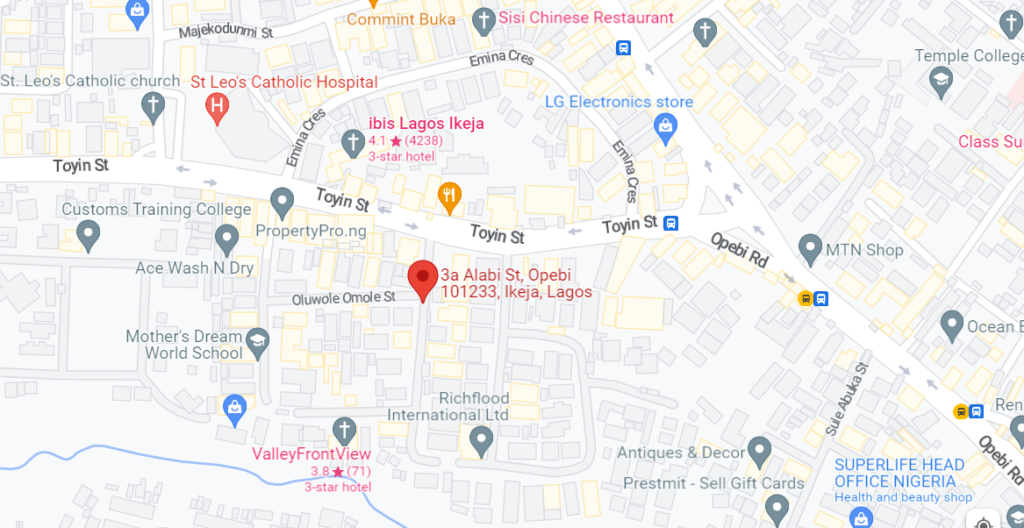Odera Training Academy Limited is a provider of comprehensive array of consultancies and trainings in inspection, non-destructive testing (NDT) and coatings, examinations and Level 3 Services to a wide world client base.
Upon completion of a course, you will be issued a certificate to practice NDT anywhere in the world.
Odera Training Academy
Address
HEAD OFFICE
Nigeria Office:
No. 13 Abiodun Close, Off Alabi Street, Off Toyin Street, Ikeja.
ZONAL OFFICE:
United Kingdom Office:
N0. 3, Old Vicarage Close, Cardiff CF145UZ, Wales, United Kingdom.
Support
- Phone: +2349166713614
+2347048256348
- Website: www.oderaacademy.com
- Email: training@oderaacademy.com
